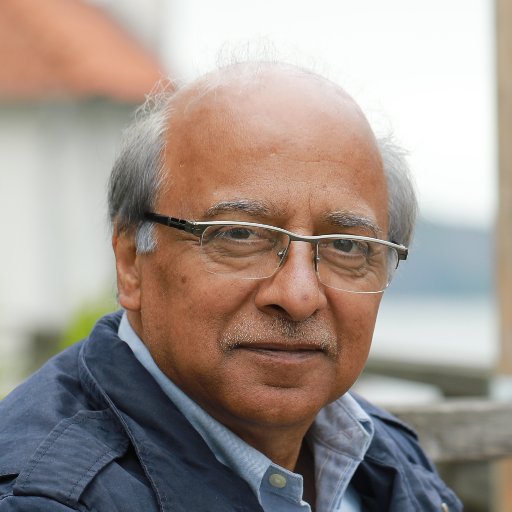
Imtiaz Gul
Bit by bit, Pakistan is reclaiming the international space it had lost in the aftermath of the tragic 9/11 terrorist attacks, followed by its oscillating partnership with the United States in the controversial war on terror. The first eight weeks of 2020 provided ample evidence of this rehabilitation and continued improvement of the country’s image abroad.
In January, the United Kingdom relaxed its travel advice for Pakistan “to reflect the improved security situation in Pakistan,” to quote Christian Turner, the British High Commissioner.
Princess Beatrice of York, a member of the British royal family, lead a ‘high level delegation’ including the former prime ministers of Spain and Italy on an adventurous heli-skiing trip in Pakistan – another PR opportunity for Pakistan’s majestic northern territories. Earlier, in October 2019, the Duke and Duchess of Cambridge, Prince William and Kate Middleton, had charmed crowds in Pakistan, and reminded the world of what awaits adventure tourists in northern Pakistan.
Immediately following, the US, too, slightly revised the advisory for its citizens traveling to Pakistan, stating the improved “security environment.” Two EU members – Portugal and Norway – also rewarded the improvement in the security environment by relaxing their travel advisories for visits to Pakistan. Much before this, the United Nations had re-designated Islamabad as a family station for its personnel in June of 2019.
In a remarkable turn of events in February, the Turkish President Receb Tayyip Erdogan visited Islamabad, a move that took the sheen off the critics who had accused Prime Minister Imran Khan of having annoyed Erdogan and the Malaysian Prime Minister Mahatir Mohammad by skipping a Muslim countries summit in Kuala Lumpur in December 2019. Earlier in the month, Khan himself met with Mahatir in Kuala Lumpur to underline that bilateral relations were not only on track but moving forward.
The conviction of Hafiz Saeed, the controversial Jamaat-ud-Dawa (JuD) leader declared as a global terrorist by the US and UN for his alleged role in the Mumbai attacks (November 2008), and a counter-terrorism court’s decision to attach five Karachi properties of former Afghan Taliban chief Mulla Akhtar Mansoor – both in February – are also landmark decisions country’s judicial history.
Until recently, none of this seemed probable. But it seems, all state institutions have grasped the sense of the 27-point Action Plan given to Pakistan by the Financial Action Task Force (FATF) in June 2018.
The four-day Pakistan visit by the UN Secretary General Antonio Guterres was perhaps the cherry on top. “We are witnessing the state becoming present, both from the point of view of security [… and] basic service, development in an absolutely remarkable transformation,” Guterres said.
Guterres appreciated Pakistan’s security situation as “absolutely remarkable”, noting that Islamabad, which looked like a “fortress” a few years back had now become a family station for the world body’s staff.
The Kartarpur Shrine inspired Guterres into showering more accolades on Pakistan.
“This is the best symbol that we can give for a world in peace and for a world in which there is mutual respect and there is the acceptance of what is different. It is wonderful to see interfaith dialogue. It is wonderful to see in the same shrine today Sikhs, Muslims, Christians, maybe Hindus — all worshipping in harmony and in peace,” said the UN chief during his visit to the Sikh holy shrine.
About the same time, international megastar Arnold Schwarzenegger invited Prime Minister Imran Khan to join the Austrian World Summit on Climate Change. This, according to Dr. Arsalan Khalid, the Prime Minister’s Focal Person on Digital Media, reflected that the “world is recognizing Pakistan’s efforts to save the world from the threat of climate change.”
As if this were not enough, the US President Donald Trump stunned his host Narendra Modi and a crowd of tens of thousands into silence at Ahmedabad on Feb 24 when he openly showered praise on Pakistan.
“Our relationship with Pakistan is a very good one. Thanks to these efforts, we are beginning to see signs of big progress with Pakistan,” Trump said in his usual effusive manner, something no US leader ever uttered on the India soil. It is all good news on the external front. But rampant inflation and a swirling perception at home that the Khan-led government is incompetent and inefficient undercuts this all. The PM’s immediate daunting domestic challenge is to fix the fledgling economy and thus provide some succor to the hapless millions of Pakistanis reeling from crippling inflation. An uphill task indeed.



